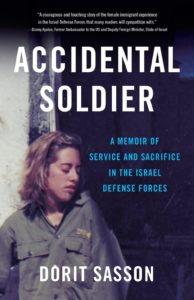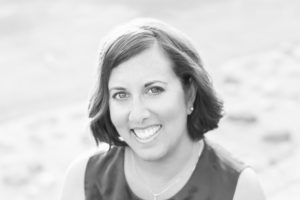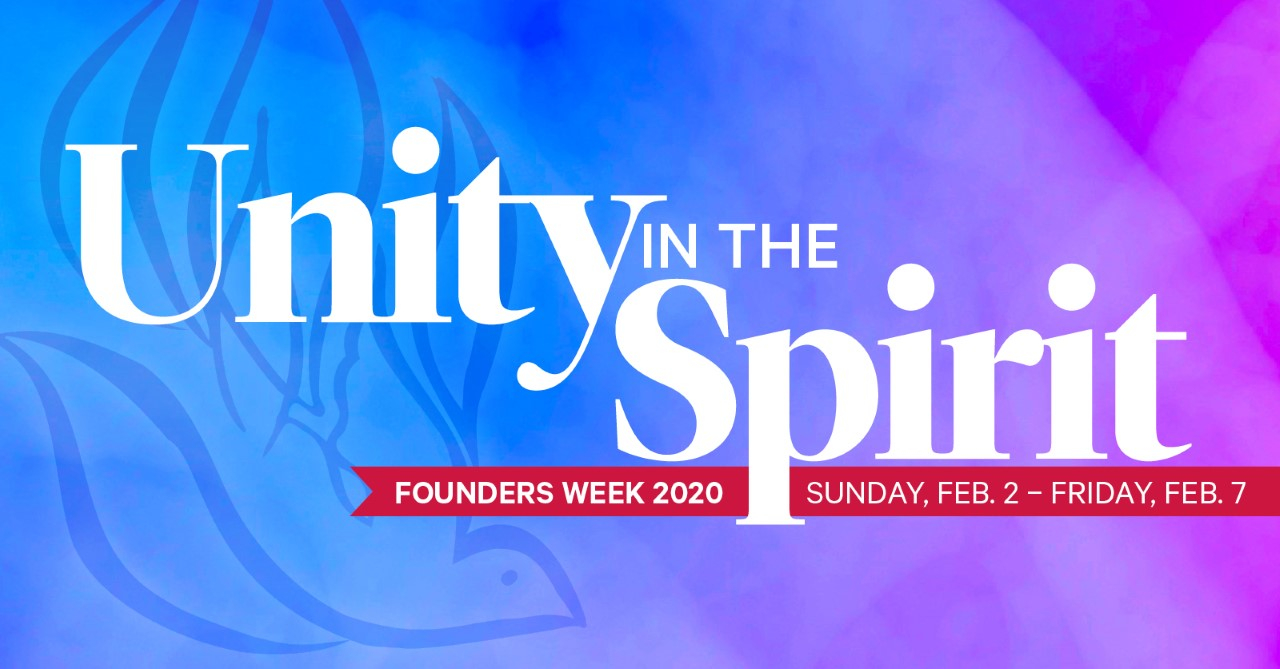
By Seth Culp-Ressler | Features Editor
Dorit Sasson is a Duquesne ESL professor, blogger, motivational speaker and the author of the recently released book Accidental Soldier: A Memoir of Service and Sacrifice in the Israel Defense Forces, which follow’s Sasson’s own story about moving from New York City to Israel in her teenage years. We caught up with her to gain some insight into the book, her thoughts on growing into oneself and how Accidental Soldier is being received by audiences.
Q: So, to start off, it’s important to fully understand what Accidental Soldier is about. So, for those unaware, what is the spoiler-free sparknotes summary?
A: It’s a coming of age memoir of an 18-year-old Jewish-American leaving New York City who tries to figure out the best way to live her life with courage. The whole premise behind the “accident” part is that running away from one’s mother is a compelling reason for making the decision to leave a country and get a one-way ticket to a country that myself, as a character, did not have any connection with, growing up in New York City. So it’s a basic, coming of age, quintessential story of courage and faith, and how also a mother gets to be closer to her daughter and how a daughter learns the world beyond what her mother’s fears and paranoias of Israel have said all those years.
Q: Your story is one that is deeply personal. What made you decide to share it with the world?
A: I served in Israel’s military for almost three years, and when I came back to the U.S. I was not the same person that had left as a teenager. I came back as a wife and a mother, and trying to figure out my next steps was very vulnerable. The concept of letting a story just collect up didn’t appeal to me. Because I went through such a transformation I felt it was important to give justice to that. I thought that the memoir was the best genre for telling that story. It wasn’t just a story that I lived, it was a story that I needed to tell. I took those experiences for granted, and as a result I suffered. I had not made the attempt to share it because I figured that nobody really would care.
But judging now from all these responses that I’ve been getting I can realize now that the consequence of holding back is actually serving nobody. Because when you write a personal story, you’ve got to understand that people are judging you. They are actually seeing the possibilities of telling their own stories, which is a very empowering thing. Memoir writing is a very healing type experience, not just “I went to the coffee shop, I bought myself a Starbucks and I went home.” You really have to go deep and examine certain lessons and takeaways that happened as a result of the transformation. It has been very eye opening to see how people have been stopping and engaging. If I did not engage with the concept of memoir writing, none of this would be happening today.

Q: You’re currently in the midst of promoting the book. What kind of feedback have you gotten so far?
A: It has been very eye-opening and engaging to see how many people have been responding positively to another country, military, one’s experiences. I think right now what we’re experiencing on a global level is cultural awareness and cultural sensitivity, especially with the dark kind of news that has been happening. People want to feel more connected to global issues. The compelling idea of leaving another country for the sake of serving in another military is a very cultural-type education that you can’t always get from a history book. So both of those things have been carrying people.
On an individual level, there are all different kinds of people that come to [my book talks]. Many reservists in the army here in the U.S. It has resonated very powerfully with college students who are taking graduate-level courses in cultural education and journalism. And it has been very thought provoking to writers of memoir who are trying to figure out how to put their story together and how to write a story. It also is very engaging to young women who are under peer pressure and are trying to figure out their path, and what path to take. It is not always that the path well-traveled is the path they need to take. So I’ve been reaching out to, specifically high-school aged students who are going into the college admissions process, but are also trying to figure out what steps they need to take with courage, or what steps they need to take in general or if college is really what they need to be doing.
Q: Here at Duquesne many students are struggling with growing into themselves. What could somebody learn from Accidental Soldier to help them on that path?
A: There’s a lot of growing pains when you’re a college student, and in my case I am that college student in the book. And I have to make a very painful choice — whether to stay in New York City with my mother, be a college student and study a major that I’m not particularly fond of, or whether I choose the less traveled path. There were circumstances involved in choosing the less traveled path, and those were painful ones. I felt a lot of peer pressure growing up, because I felt like if I didn’t go to college then there must be something wrong with me. I still think 26 years later that feeling still is very prevalent, and even more so because the stakes are higher.
However, my father really saw this as an opportunity for learning that went beyond college walls. And as an instructor at Duquesne, I can definitely tell that when I see myself, I see college students, I see us both in the same picture. So the best lesson, I think, that college students in particular can learn is that of courage — that it’s okay to take the less traveled path, and that there’s nothing wrong with taking a break from college. Not having to jump right from high school to college. Not having to feel like there’s something wrong if you choose a different way of thinking and a different path.
This interview has been edited for clarity and length.



